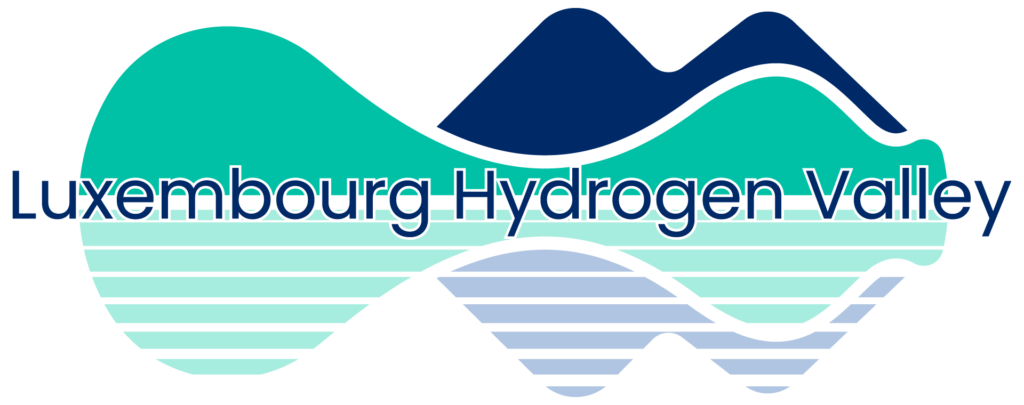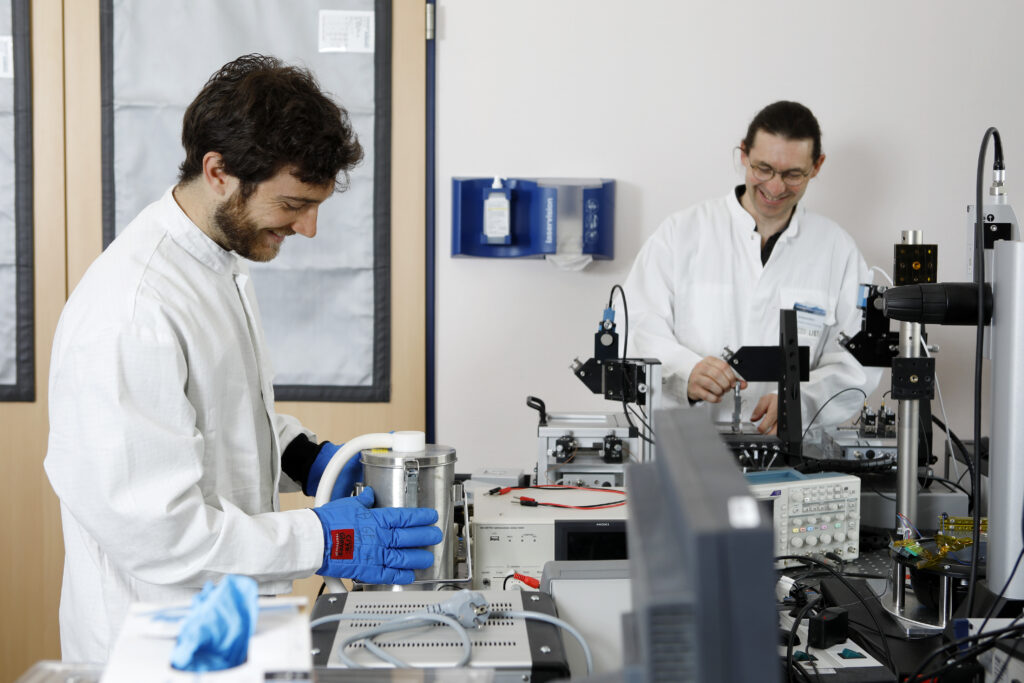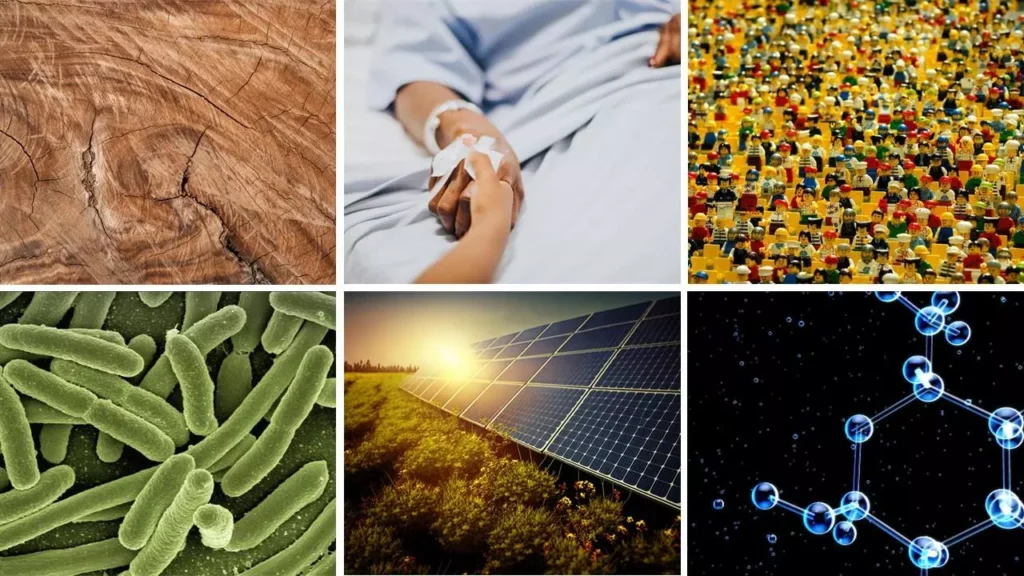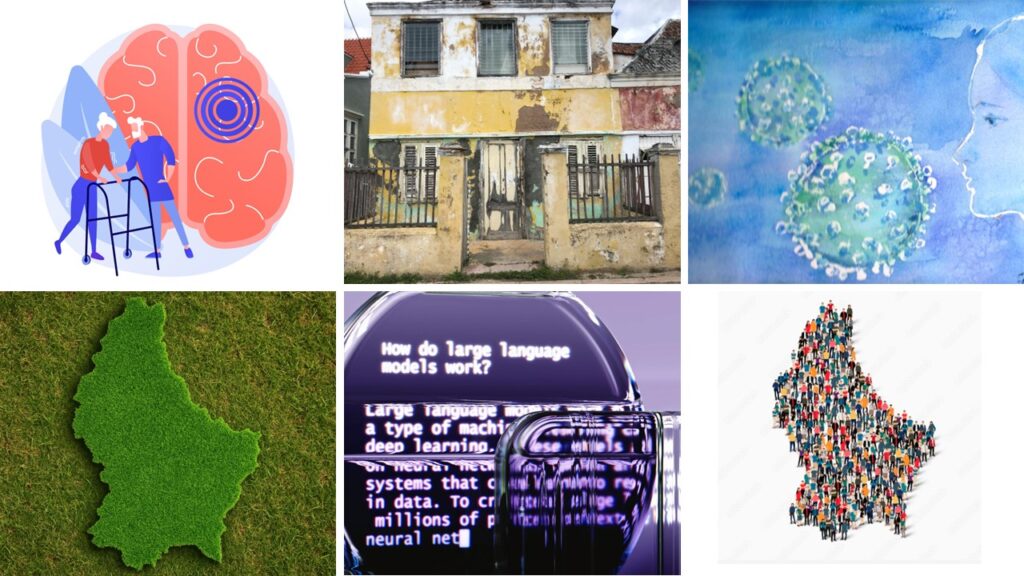LuxHyVal – Luxembourg Hydrogen Valley
18 July 2024

Green Hydrogen Ecosystem
LuxHyVal is an international public-private partnership dedicated to producing Green Hydrogen in Luxembourg by 2026. If successful, the project aims to expand its initiatives to the Czech Republic and Ukraine.
Picture AI Generated
Luxembourg has launched Luxembourg Hydrogen Valley (LuxHyVal), a project that targets the potential production of green hydrogen in the south of the country, in 2026. This initiative is central to Luxembourg’s decarbonisation strategy, transitioning from imported grey hydrogen to locally produced green hydrogen.
LuxHyVal is a collaborative effort of 17 partners from seven countries, with the University of Luxembourg as the main coordinator through Prof. Bradley Ladewig.
Producing green hydrogen for industrial and transport applications
LuxHyVal’s hydrogen ecosystem is poised to significantly contribute to decarbonising Luxembourg’s industrial hydrogen consumption. By utilising 100% renewable electricity, the project will produce green hydrogen locally and implement initiatives across the entire value chain. This includes local production, utilisation, storage, and distribution to industrial and mobility end-users, all while integrating with existing and planned infrastructures.
A six-megawatt electrolyser facility at the heart of Luxembourg Hydrogen Valley is planned to be built in Bascharage’s industrial park.
€39m EU and corporate-backed
Enovos and LuxEnergie, both subsidiaries of Encevo Group, intend to ensure the production of up to 1,750 kg of green hydrogen per day for use in industry and mobility by 2026, under implication of the engineering company Paul Wurth, headquartered in Luxembourg. The project will also have a direct positive impact for the economy through job creations, as well as for public mobility, as the bus companies Sales-Lentz and TICE will upgrade part of their fleet to fuel cell hydrogen (FCH) buses. Moreover, the green hydrogen produced in the electrolyser would enable industrial partner Ceratizit to replace its use of natural gas-derived hydrogen.

LuxHyVal is designed to be a sustainable and open ecosystem. With an overall budget of 39 million euros, LuxHyVal is expected to be funded through 8 million euros from the Clean Hydrogen Joint Undertaking, a European Union public-private partnership supporting research and innovation in hydrogen technologies, as well as contributions from the corporate partners, while pursuing further public and private funding opportunities. A final investment decision regarding the main capital investment for the project is expected at the beginning of 2025.
Possible replication in Czech Republic and Ukraine
In a second stage, the expertise acquired by designing, building, and operating the first green hydrogen ecosystem in the Greater Region, should serve as a direct model for replicating valleys in Central (Czech Republic) and Eastern Europe (Ukraine), furthering EU’s ‘Fit for 55’ emission targets (reducing the EU emissions by at least 55% by 2030) and helping Ukraine’s reconstruction.
Hydrogen Research in Luxembourg
In the ongoing energy transition, hydrogen will play a critical role in establishing a green and circular economy. It will enable the connection of typically disparate sectors of the economy, facilitating emissions reductions across the board and revolutionising the way we produce and consume energy.
Reflecting the ambitions set forth by the EU and national governments, the development and deployment of hydrogen-related technologies are accelerating rapidly. Consequently, Luxembourg is making substantial investments in this area to advance research and innovation, laying the groundwork for a hydrogen-based economy.
Electrocaloric Materials & Refrigeration Technologies
Addressing energy-related challenges has been set among Luxembourg’s research priorities. Researchers at the Luxembourg Institute of Science and Technology (LIST) are pursuing research in electrocaloric and ferroic materials to effectively harness energy, produce and store green hydrogen, enhance energy efficiency, and reduce overall energy demand.
Other technologies to produce hydrogen
Innovation in synthesis, deposition, processing and characterisation will underpin the large-scale deployment of technology and devices for this Hydrogen-based economy, with the aim to reduce production costs, decrease environmental impact, and create market attractive solutions.
Using solar energy to produce hydrogen from water
At the Luxembourg Institute of Science and Technology (LIST), a researcher is producing “solar fuels” with new polymers capable of producing hydrogen in a clean and renewable way.
LuxHyVal project Consortium includes University of Luxembourg, Paul Wurth, Encevo, Enovos, LuxEnergie, Green Power Storage Solutions (GPSS), Ceratizit, LuxMobility, Sales-Lentz, Syndicat T.I.C.E., and Luxembourg Institute of Science and Technology (LIST) represent Luxembourg-based partners, together with University of Bordeaux, France; IZES GGMBH, Germany; R2M Solution, Spain; University of Chemistry and Technology, Prague (VSCHT), Czech Republic; King Danylo University, Ukraine, and University of New South Wales (UNSW), Australia.













